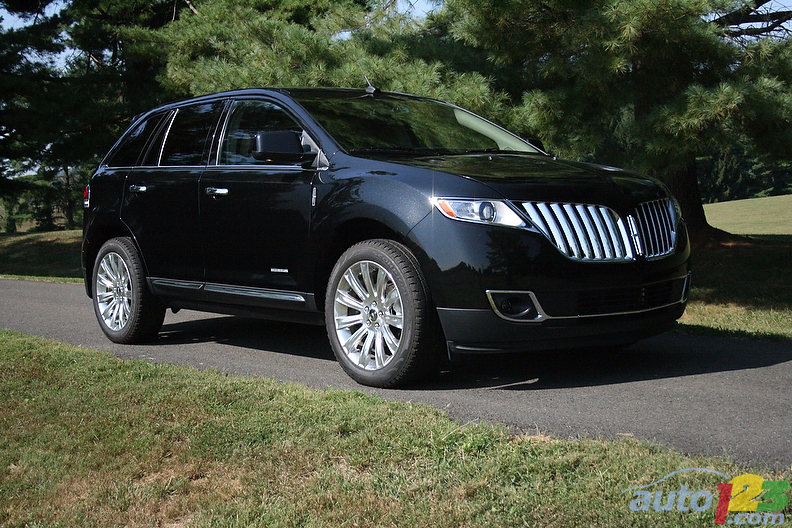We always plan a "sunny" trip in December and March to run from the harsh snowy winter of Fort McMurray. Our December trip was supposed to be a beach relaxing trip in Cancun. While my son's trip would be a real adventure touring Europe with a friend for6 months. Our trip turned out to be more adventure than we really expected!

First, Air Canada did its part. Our flight that was supposed to leave Fort Mac to Calgary at 5 got delayed till 9:45. We were told we should report to the airport at 9:30. When we did, they told us the flight already left. Waiting for the next available flight means missing the Cancun flight which is around 9 hours away. As a family, we decided to drive to Calgary. On Highway 63, otherwise known as
Alberta Deadliest Highway It was 10 pm. The temperature was -25C. The 700 Km road we are supposed to cross are filled with snow. Only foolish people would do that. They were right... we have not encountered anyone else on the road. Not a single car! We decided to continue. My wife trying to contact our 24/7 tour agent with no avail. My son used his tech wits to see if we can book flights from Edmonton to Calgary and save 300 km from the trip. Nothing materialized. We decided to enjoy the trip.
The first obstacle was I got a sever stomach aches. No stops on the way for the first 300 Km. I had to supress it. We couldn't find any open petrol station around the airport to fill gas. We had to go back to town and fill it in Fort Mac. With a cup of coffee, my son iPad and his entertaining company. I enjoyed the best trip I ever had with him... although I had to drive at a speed of 30km/hr for more than 50Km because of the heavy fog. My wife slept in the back seat, and my son on my side. He was great copilot! Without him, I would not be able to make it. He was a great DJ. Putting the right songs through his iPod to the car stereo. And opening interesting topics to keep me awake. He offered to drive and I was hoping to switch with him once we reached Edmonton. But his eyes dozed off on Hendey Avenue. I did not wanted to wake him up, although I was a bit too tired!
Later I discovered that what we have done is rarely done by anyone else... ever! We twitted and facebooked our progress through my BB to ensure that our friends are tracking our trip. Fida and Amen in Calgary were keeping an eye on our progress. Our family were on the stand by if they needed to interfere... but everything went well.
I switched driving the car with my Wife at Red Deer (200 km away from destination) around 5 am. I slept in the back seat for the last 2 hours of the trip. We got to the airport 2 hours before our Cancun flight. We checked my son in the airport hotel (for his flight to London was in the afternoon) and we rushed to the airport becuase we were worried that if we slept for few minutes, we will never wake up to catch our flight.
I slept 3 hours on the plane to Cancun. Total sleeping time in the last 32 hours were 5 hours only!
The start of a planned relaxing trip turned out to be an unplanned adventure We did not recognize the adventure until we shared it with our friends and we were desribed as fools and crazy and that no one would do such a trip at night in December!...
The last leg of our trip was even more adventure than expected. But this is another blog!
 The
The  First, Air Canada did its part. Our flight that was supposed to leave Fort Mac to Calgary at 5 got delayed till 9:45. We were told we should report to the airport at 9:30. When we did, they told us the flight already left. Waiting for the next available flight means missing the Cancun flight which is around 9 hours away. As a family, we decided to drive to Calgary. On Highway 63, otherwise known as
First, Air Canada did its part. Our flight that was supposed to leave Fort Mac to Calgary at 5 got delayed till 9:45. We were told we should report to the airport at 9:30. When we did, they told us the flight already left. Waiting for the next available flight means missing the Cancun flight which is around 9 hours away. As a family, we decided to drive to Calgary. On Highway 63, otherwise known as  Due to an adventure that I might explain in another post, I experienced Adaptive Cruise Control in a refreshing way.
Due to an adventure that I might explain in another post, I experienced Adaptive Cruise Control in a refreshing way.